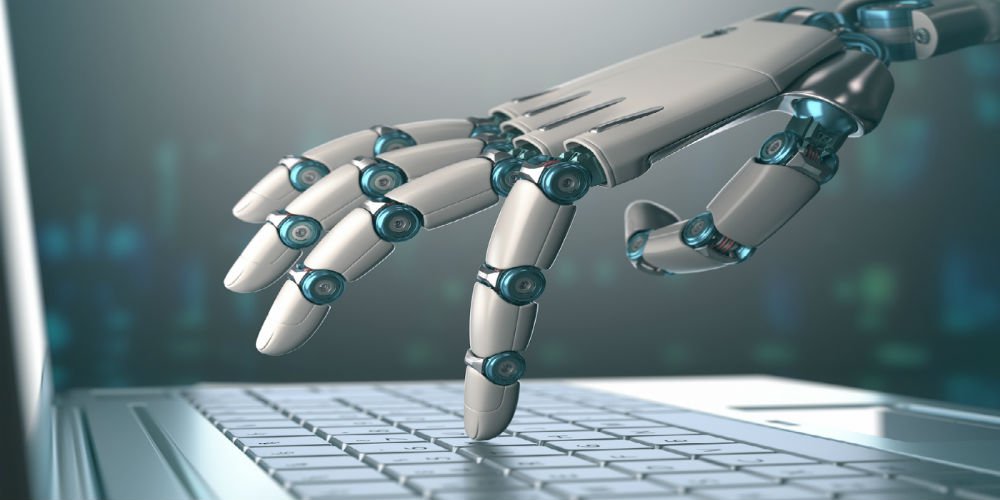Will Robots Replace the Human Workforce?
Original post from https://www.cigen.com.au/cigenblog/
Robotic Process Automation can help companies execute various business processes quickly and accurately at reduced costs with less need for human intervention than ever before but there has also been some fears around robots replacing the human workforce.
But is this suggestion realistic? Can robots steal jobs currently being performed by humans? These “robots” are exist within their own right but they are not here to negate the need for humans in the workplace. Experts suggest the complete replacement of human employees by robots is not likely to happen and that RPA is much more likely to contribute to potential job reallocation and even job creation. Experts also suggest that RPA will alter the way humans perform current job functions.
But how will job functions be altered you may ask? First, let’s cover off discussion surrounding job elimination, the impact of RPA on the ways we work, and who is impacted by RPA.
Worries of Job Elimination
Let’s be honest, RPA does have the possibility to impact jobs in some manner, but the capabilities do not allow it to entirely replace the need for a human workforce.
Consulting firm McKinsey & Company suggests that “currently demonstrated technologies could automate 45 percent of the activities people are paid to perform and that about 60 percent of all occupations could see 30 percent or more of their constituent activities automated.”
Based on the above statistics; in the next 10 years RPA is much more likely to replace specific tasks than an employee’s actual position. Ideal processes for RPA automation are rules-based and repetitive tasks, such as, copy-paste and order processing. Despite the impact RPA can have, many tasks still require humans to complete them. The robots are not yet capable of automating certain traits unique to humans such as, problem solving, creativity, and human interaction.
RPA still needs support from humans to be successfully implemented. Humans are the only ones who can determine processes suitable for automation and to monitor the performance of the robots. The technology is not yet able to operate without human intervention nor is it able to reproduce the higher-level thinking and actions of which humans are capable. Due to all these reasons, anxiety about RPA replacing the need for a human workforce is irrelevant.
Changes in How We Work
RPA will cause changes in the way we work, but what exactly does this mean?
Institute for Robotic Process Automation (IRPA) Founder Frank Casale, believes “it makes sense to work with RPA not necessarily to put workers on the unemployment line, but to retrain them in ways that makes sense for what we are capable of creating and producing in the 21st century.”
Instead of being replaced completely, the human workforce will be increased and jobs will be redistributed. This essentially means that employees will no longer be focused on repetitive tasks – the robots are much more suited for those tasks Employees will then be able focus on tasks that are much more valuable for the business, such as marketing, and maintaining customer relationships. Employees will be empowered to fill roles that allow them to be more creative and inventive, thereby increasing their productivity due to having more job satisfaction.
Impact on Higher-End Jobs?
RPA is most commonly known for automating back office tasks. However, RPA is also impacting employees focused on higher-end tasks. Let’s consider, for example, employees involved with certain high value finance and accounting processes such managing risk and compliance, completing tax returns, developing accounting software, and financial advising.
In close cooperation with RPA, even higher-end knowledge workers will experience a shift in their roles. Rather than thinking that RPA will eliminate jobs, think of it as RPA influencing the responsibilities and roles of employees. Working alongside robots, knowledge workers are able to more effectively apply their analytical skills where required, to make decisions and achieve goals.
The Future of Work
While RPA may still be in its early stages, it’s already making an impact on the way organizations are able to complete mundane processes and achieve goals.
As RPA is still in its infancy and the full capabilities cannot yet be known, these considerations will help us understand the impact on the future of work. RPA has already made positive impacts in businesses and has a promising future ahead, especially when working alongside humans.
Leave a Comment
You must be logged in to post a comment.









